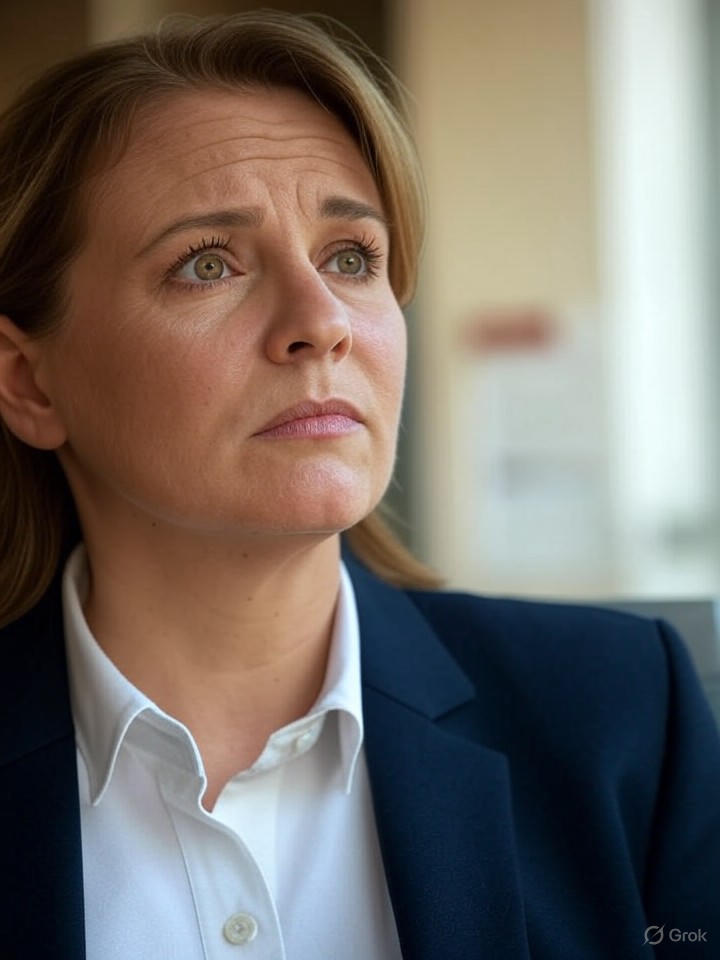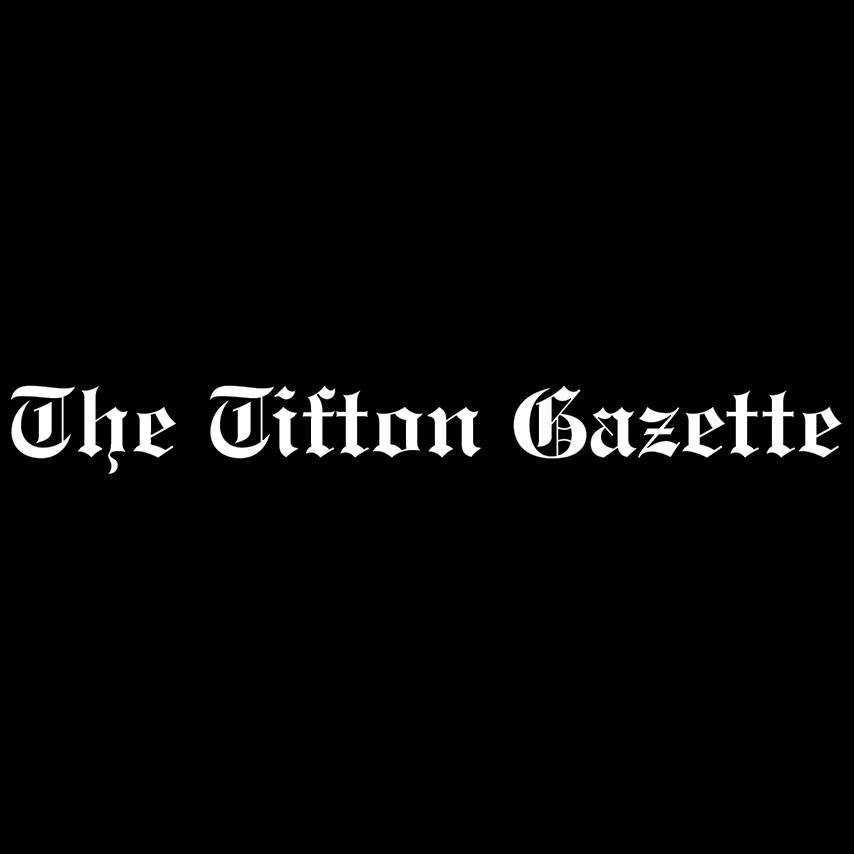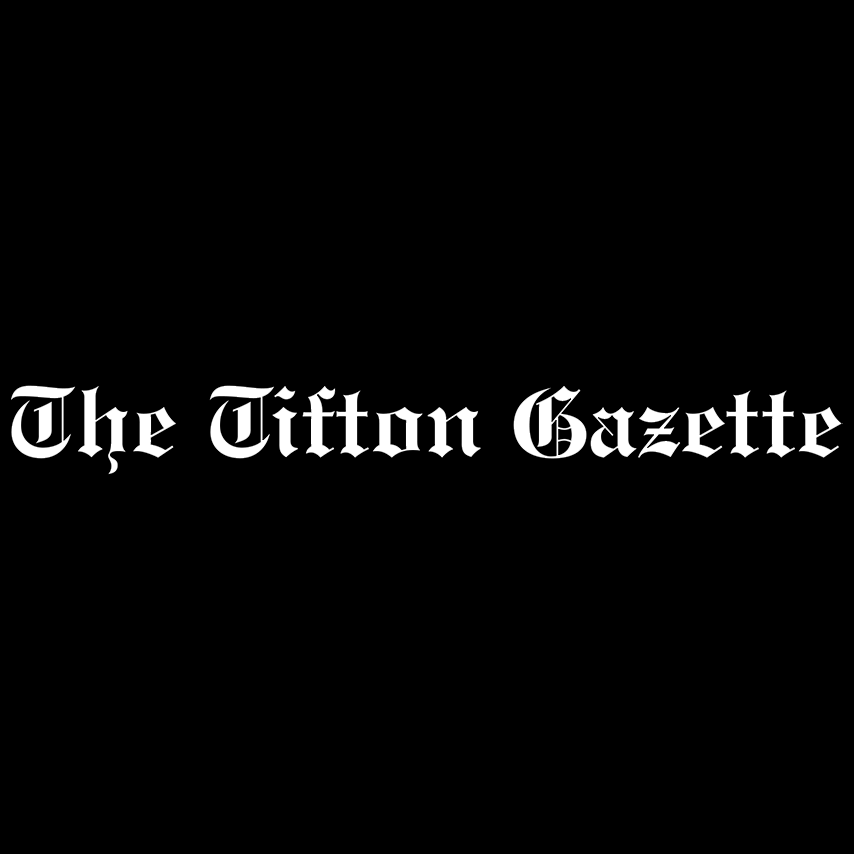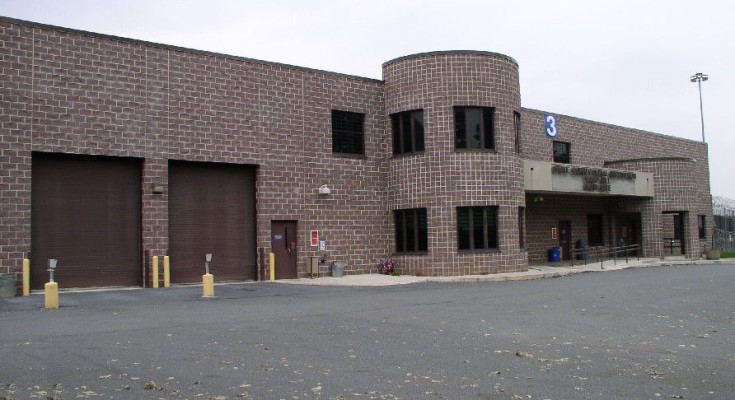
BREAKING: The Federal Communications Commission (FCC) has just approved the high-stakes merger between Skydance Media and Paramount Global, setting off alarms across the media landscape. This monumental deal, valued in the billions, merges Skydance’s creative assets with Paramount’s extensive portfolio, including CBS News. However, the approval comes with controversial conditions that raise urgent concerns about potential government influence over editorial content.
FCC Chairman Brendan Carr, a Trump appointee, stressed that the merger aims to promote “diversity of viewpoints” in programming. Critics, including dissenting FCC Commissioner Jessica Rosenworcel, argue this could lead to unprecedented censorship and government control over a major news outlet. The implications of this ruling are profound, as it could fundamentally alter how news is reported and consumed in the United States.
The official FCC order, released earlier today, outlines specific commitments from Skydance, mandating the merged entity to maintain editorial independence while adhering to guidelines that could inhibit dissenting voices. Rosenworcel warned that the deal grants the Trump administration “never-before-seen controls” over CBS’s operations, which could chill journalistic freedom.
This merger approval follows a complicated history, including a $20 billion lawsuit from former President Donald Trump against Paramount over alleged biased reporting. The lawsuit was settled for $16 million, raising questions about the intersection of regulatory approval and content decisions. Posts on social media platform X (formerly Twitter) reflect growing public concern, with users accusing the administration of leveraging the FCC to shape media narratives.
The FCC document specifies that Skydance must report annually to the agency on its compliance, including efforts to foster ideological diversity. Critics see this as a potential “backdoor” to controlling content, heightening fears of self-censorship among journalists. The stakes are high, as the merger could set a troubling precedent for future media consolidations.
Industry insiders are particularly alarmed at how these conditions may be enforced. Many worry that CBS might alter its reporting practices to sidestep regulatory scrutiny, leading to increased caution and potentially suppressing dissenting opinions. This shift could reshape media mergers, prompting regulators to demand more concessions regarding content oversight.
As the merged company begins operations, the true impact of these conditions remains uncertain. Will CBS maintain its journalistic integrity, or will it bend to regulatory pressures? This merger underscores the delicate balance between corporate consolidation and the freedom of the press, with critics warning that it may lead to a media landscape influenced by state interests.
The FCC’s justification for these measures hinges on public interest, yet Rosenworcel’s dissent paints a stark picture of governmental overreach that could embolden future administrations to meddle in newsrooms. As voices from both sides of the aisle weigh in, the public is left to grapple with the implications of this historic merger.
In a climate already rife with concerns over misinformation and media bias, this merger could redefine the relationship between government and the press. As one user on X succinctly put it, the FCC could now be seen as the “Federal Censorship Commission,” a sentiment that resonates deeply with advocates for free speech.
As developments unfold, all eyes will be on CBS and how it navigates this new regulatory landscape. The implications of this merger will echo through the media industry for years to come, making it a critical moment for journalism in America.





